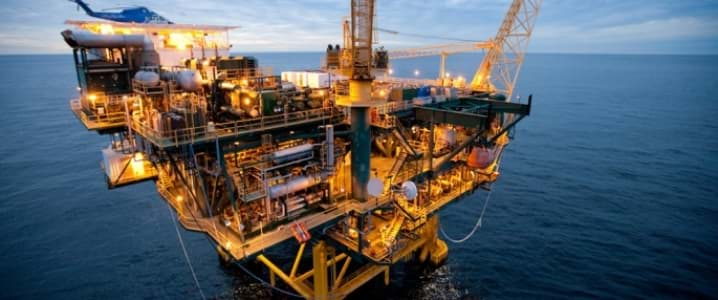Trump to Ease Offshore Drilling Rules Imposed After Deepwater Horizon Disaster
The U.S. Department of the Interior plans to announce on
Thursday the final draft of proposals to roll back some offshore oil drilling
requirements imposed after the Deepwater Horizon disaster, after complaints
from the oil industry that some of the regulations are burdensome without
necessarily improving safety, Bloomberg reported on
Wednesday, citing two people familiar with the plans.
The Obama
Administration imposed new technical regulations on drilling and drilling
equipment in 2016, after reviewing the requirements and what went wrong in the
Deepwater Horizon disaster in 2010 that killed 11 people and resulted in the
worst U.S. offshore oil spill.
Now, according to
Bloomberg’s sources, the Trump Administration is set to ease some of the rules,
such as allowing third parties—not only Bureau of Safety and Environmental
Enforcement (BSEE)-approved organizations—to inspect and certify the so-called
blowout preventers at offshore oil platforms.
In proposed rules from May 2018, BSEE said that
its consultations with the industry showed that “oil and natural gas operators
raised concerns about certain regulatory provisions that impose undue burdens
on their industry, but do not significantly enhance worker safety or
environmental protection.”
“Other stakeholders
suggested that certain regulatory requirements do not properly account for
advances or limitations in technology and processes,” the bureau said.
According to the API, the updated
offshore well control rule would improve on its 2016 predecessor “by providing
flexibility to meet specific challenges across a variety of offshore conditions
while encouraging innovation and technologies that help improve safety.”
Commenting on the current well control rule, the API says: “Unfortunately, this one-size-fits-all approach
doesn’t consider the unique characteristics of every well, from its geology and
depth to the pressure and temperature. These prescriptive requirements could
also stifle innovation and implementation of new operational technologies.”
While the oil industry
and its organizations argue that the easing of some requirements is good for
the offshore industry and technological development, opponents say that
relaxing rules would endanger oil workers and the environment.
“As the public just
saw with the Boeing crashes, letting the offshore drilling industry regulate
itself is a recipe for disaster,” Amit Narang, a regulatory policy expert at
watchdog group Public Citizen, told Bloomberg.
